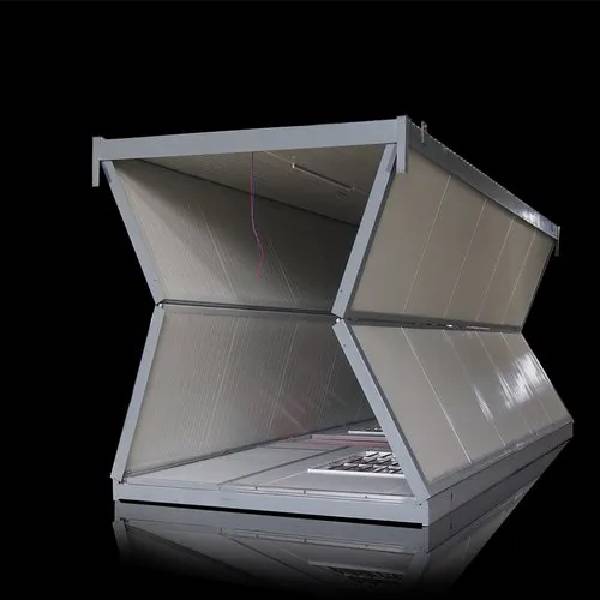 |
| Immuno-Oncology Drugs Market |
Immuno-oncology drugs target key pathways of the immune
system to help the body naturally fight cancer. These drugs help T cells
and other immune system cells identify and attack cancer cells more
effectively. Targeted immunotherapies such as immune checkpoint inhibitors,
cancer vaccines, and cellular therapies have shown promising results in the
treatment of various cancers including melanoma, lung cancer and lymphoma.
The global Immuno-Oncology
Drugs Market is estimated to be valued at US$ 1020.24 Bn in 2023 and
is expected to exhibit a CAGR of 33.% over the forecast period 2023 to 2030, as
highlighted in a new report published by Coherent Market Insights.
Market key trends:
Combination therapies have emerged as a key trend in the immuno-oncology drugs
market. Combining immunotherapies that target different mechanisms has shown
benefits over monotherapy in clinical trials. For example, combining immune
checkpoint inhibitors like anti-PD-1 and anti-CTLA-4 drugs helps counter the
immune resistance pathways of cancer more effectively. Combining
immunotherapies with other anticancer therapies such as chemotherapy, targeted
therapy and radiation therapy is also gaining popularity. The synergies created
improve efficacy and help overcome resistance. Major players are focusing on developing
combination regimens of immuno-oncology drugs for conditions where
monotherapies have limitations. This is expected to further drive the adoption
of immuno-oncology drugs during the forecast period.
Segment Analysis
The global immuno-oncology drugs market is dominated by the monoclonal antibody
segment. Monoclonal antibodies act as checkpoint inhibitors that help enhance
the immune system's natural antitumor responses and have emerged as a promising
treatment approach. Checkpoint inhibitors target immune checkpoints such as
CTLA-4, PD-1, and PD-L1 that are present on certain types of immune cells
including T-cells, B-cells, and macrophages. By blocking these immune
checkpoints, the antibodies help boost the body's antitumor immune response.
The use of monoclonal antibodies against immune checkpoints has achieved major
success in clinical practice to treat various cancers.
Key Takeaways
Regional analysis: The North American region currently dominates the global
market due to the early adoption of advanced cancer therapies and presence of
major market players in the region. However, the Asia Pacific region is
expected to grow at the fastest rate due to improving access to healthcare
facilities, rising awareness about cancer treatment options, and growing focus
of international players in countries such as China and India.
Key players: Key players operating in the immuno-oncology
drugs market are IBM Corporation (US), Oracle Corporation (US), Xerox
Corporation (US), Nintex Limited (US), Source Code Technology Holdings Inc
(US), Software AG (Germany), Appian (US), Pegasystems (US), Bizagi (UK), Newgen
Software Technology, and Zoho. The market players are focusing on new product
launches, acquisitions, and collaborations to expand their product portfolios
and geographic presence. For instance, in March 2022, Oracle Corporation
launched Oracle Cloud Infrastructure Observability and Management services to
help customers monitor cloud environments.




Comments
Post a Comment